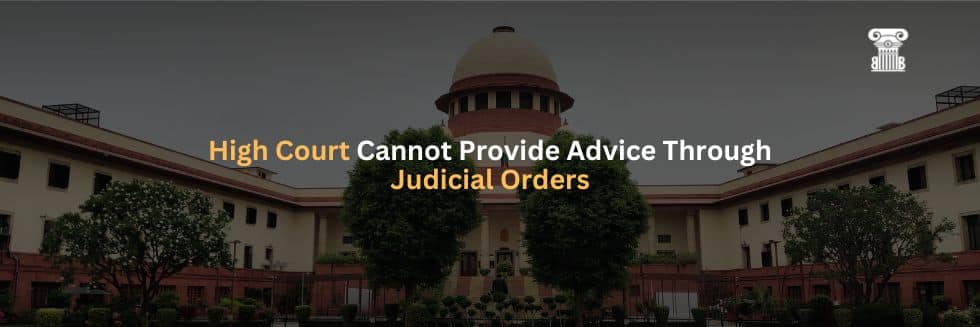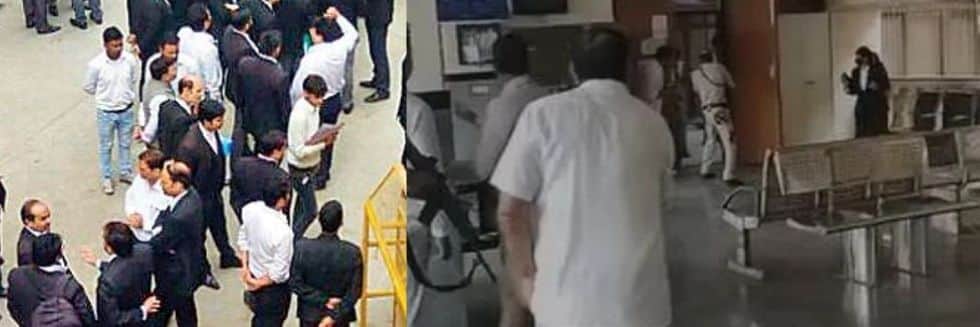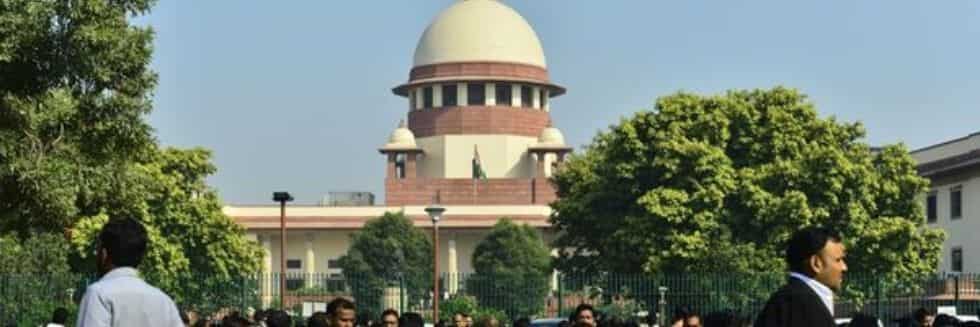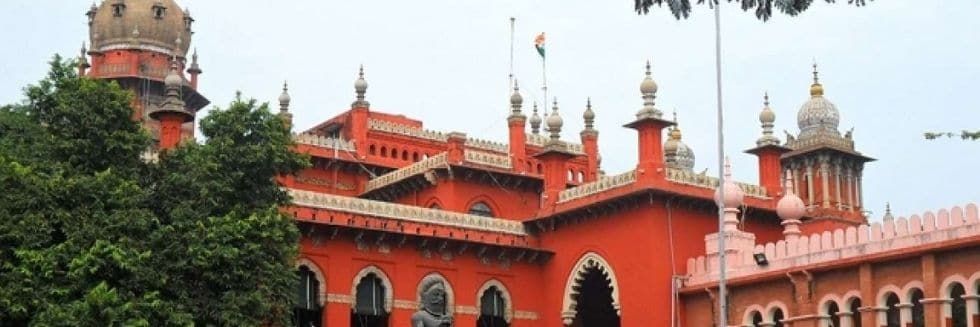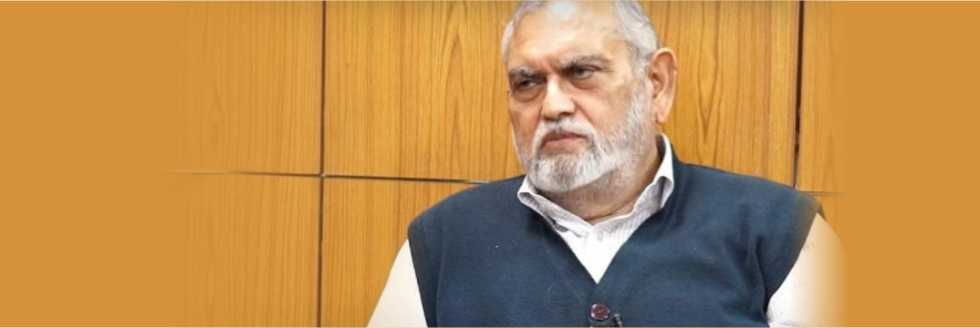In the case of Yogesh Narayan Raut v. State of Maharashtra, the Supreme Court addressed the issue of a High Court providing advice through judicial orders. The petitioner in custody for 10 years appealed against a Bombay High Court decision. Instead of deciding on his bail application, the High Court directed the trial judge to complete the trial within six months and submit periodic reports. The Supreme Court noted that such directives amounted to advisory jurisdiction emphasizing that High courts cannot render advice through judicial orders. The Court stayed the direction for periodic reports stating it interfered with the Trial Court’s functioning. This decision reaffirmed the principle established in the High Court Bar Association, Allahabad v. State of U.P. & Ors. case emphasizing the need to consider the petitioner’s lengthy incarceration.
CASE DETAILS:
Yogesh Narayan Raut v. State of Maharashtra
SLP (Crl.) No. 8181 of 2024
Supreme Court
Coram: Justices Abhay S Oka and Ujjal Bhuyan
BACKGROUND:
- The petitioner was taken into custody in 2014. Initially, he filed a bail application before the Special Court but it was rejected in 2018.
- Subsequently, he approached the Bombay High Court with a bail plea which was disposed of with two directions: (i) the trial Judge complete the trial within 6 months and (ii) the trial Judge provide periodic reports to the High Court Registry every 3 weeks until the conclusion of the trial.
- Aggrieved by this order, the petitioner moved to the Supreme Court.
OBSERVATIONS:
The Supreme Court issued notice to the respondent state noting that the petitioner had been incarcerated for 10 years and according to his counsel’s submission, only 16 out of 30 witnesses had been examined. The Court expressed a prima facie view that instead of deciding the bail application on its merits, the High Court exercised “advisory jurisdiction” by advising the prosecutors, defence lawyers and Trial Court. The Court emphasized that by judicial order, the High Court cannot render advice and what was overlooked was the effect of the petitioner’s very long incarceration.
Furthermore, the direction passed by the High Court for the submission of a periodical report was stayed by the Supreme Court reiterating that it amounted to interference with the Trial Court’s day-to-day functioning. This observation was made in light of a recent Constitution Bench judgment in High Court Bar Association, Allahabad v. State of U.P. & Ors.
ORDER:
The Supreme Court reiterated that Courts cannot give ‘advice’ through judicial orders and stayed a direction calling for a periodical report from the Trial Court on the progress of the trial.
“We are of the view that issuing such a direction amounts to interference with the day-to-day functioning of the Trial Court which cannot be done in light of the recent Constitution Bench judgment in the case of High Court Bar Association, Allahabad v. State of U.P. & Ors.,” the Bench of Justices Abhay S. Oka and Ujjal Bhuyan stated while deprecating a High Court order for overlooking the long period of incarceration undergone by the petitioner.
